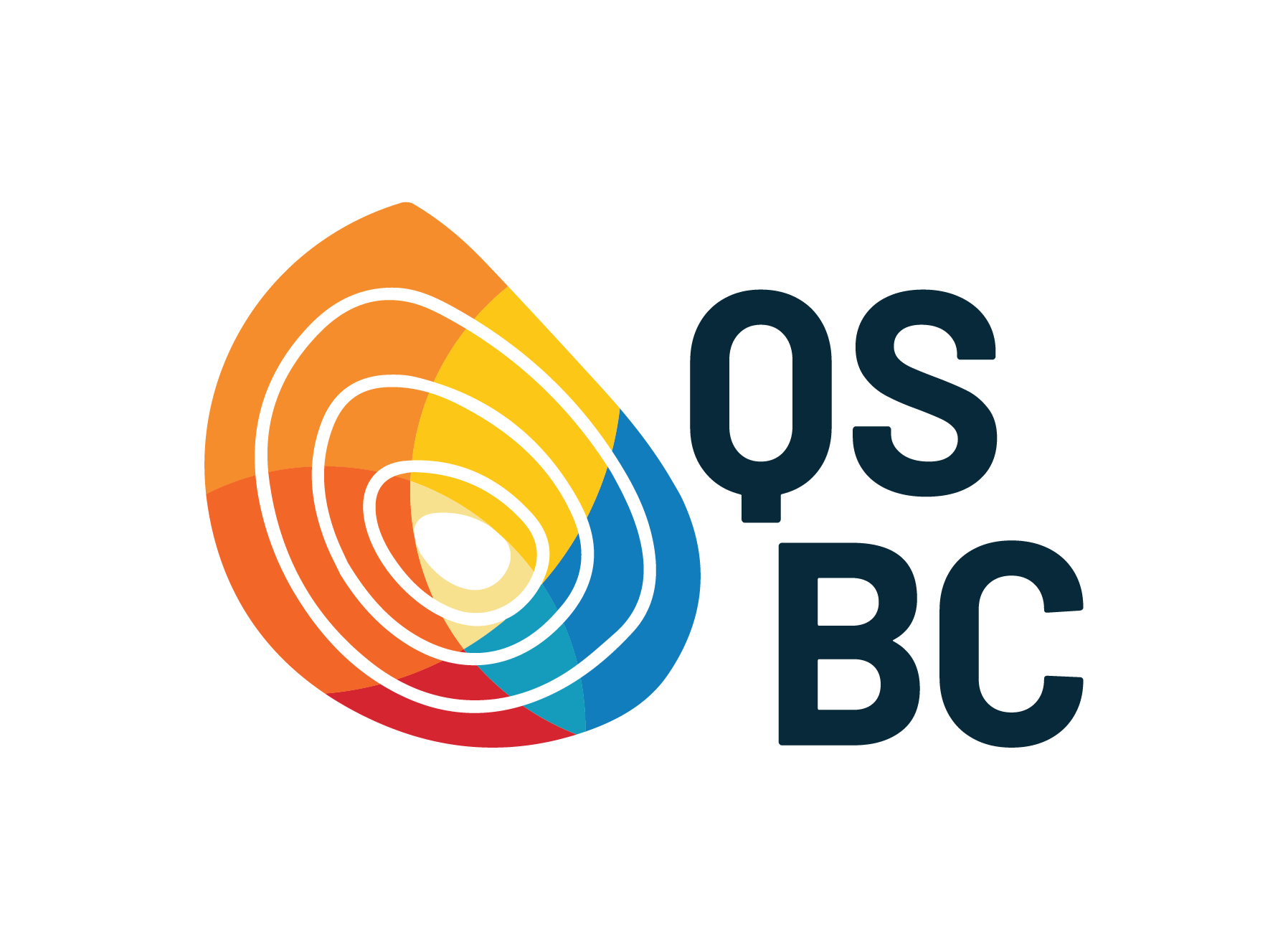Get Help
We have created fact sheets which cover some of the most common dispute topics faced by small businesses. In them you will find information, facts to consider, and tips to help you work towards resolving the dispute.
We are regularly adding to this list, but if you can’t find one that assists you, you can contact us for further help.
Make good
A ‘make good’ clause refers to the obligation on what the tenant needs to return...
Not paying rent
If you are unable to pay your rent, support is available to help you understand...
Breach notices
If a commercial tenant breaches their lease obligations, the lessor may issue a Form 7...
Locked out of premises
If a tenant has breached the terms of their lease agreement and has not rectified...
Construction and disturbance
Construction work or disturbances caused by a lessor in a commercial tenancy can impact a...
Ending a lease early
In the event a tenant or lessor is considering ending a commercial or retail shop...
Security for lease
Lease agreements commonly include a requirement for the tenant to provide a security. Cash bonds...
Outgoings
Outgoings are operating costs related to the premises that a commercial lessor reasonably incurs and...
Repairs and maintenance
Disputes regarding repair and maintenance responsibilities in commercial and retail leases are common and often...
Tips on negotiating disputes
Negotiating successfully is an important business skill, one that can be improved with practice, reflection,...
Payment issues
If someone owes you money, it is important to take prompt action to recover the...
Mediation
By engaging in mediation, you and the other party are making a genuine effort to...
Annual rent increases and market reviews
Generally commercial leases will include both an annual rent increase and a market rent review....
Factsheets
Tips on negotiating disputes
February 2, 2024
Ending a lease early
February 2, 2024
Construction and disturbance
February 1, 2024
Repairs and maintenance
January 29, 2024
Security for lease
January 29, 2024
Breach notices
January 29, 2024






















